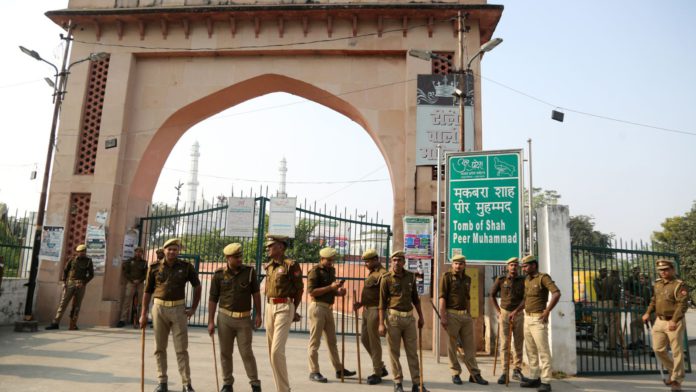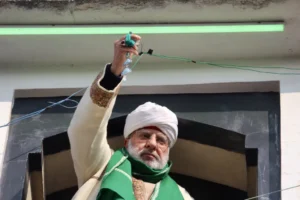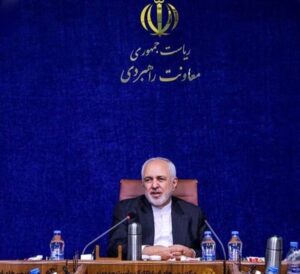NC condemns ‘flood of petitions’ calling for surveys of mosques, Muslim shrines

National Conference (NC) on Saturday condemned the filing of petitions across the country which call for surveys of mosques and Muslim shrines.
In a statement, the party’s provincial president Kashmir, Showkat Mir, expressed “deep concern over the flood of petitions” that have been submitted calling for surveys of mosques and Muslim Shrines.
He warned that if these actions are not addressed, “they could disrupt the peaceful atmosphere of our country”, the statement said. “The recent petition calling for a survey at the revered shrine of Khawaja Moin Ud Din Chisti (RA) in Ajmer Sharief has deeply offended millions of individuals, regardless of their background, who hold the Shrine in high regard,” he said.
The NC leader said each year, millions of pilgrims from all corners of the globe, regardless of their faith or nationality, make a pilgrimage to the shrine.
“This shrine stands as a symbol of unity and diversity. The destruction of old mosques and historic structures by certain individuals is a clear attempt to sow discord and division within our nation,” he said.
The development of the Dargah is not solely attributed to Muslim rulers, but also to Hindu kings who have made significant contributions, Mir said.
“It is disheartening to see someone who is ignorant of Ajmer’s rich history, traditions, and peaceful coexistence, attempting to gain attention by falsely claiming that a temple lies beneath the Dargah. Regrettably, this unfounded assertion has been entertained by the judiciary,” he said.
“It is imperative that we stand united against such attempts to disrupt the harmony and unity of our nation. We must protect the sanctity of our sacred sites and preserve the history and traditions that have brought us together. Let us not allow baseless claims and divisive actions to undermine the fabric of our society,” he added.
Mir emphasized that the Places of Worship Act, 1991 unequivocally prohibits any alteration to the religious character of a place of worship.
“Section 4 of the Act specifically dictates that the religious essence of a place of worship, as it stood on August 15, 1947, must be preserved.
“In the landmark case of M. Siddiq (Ram Janmabhoomi Temple) vs Suresh Das (2019), the Supreme Court affirmed the constitutional validity of this Act, underscoring its crucial role in safeguarding communal harmony and upholding India’s diverse heritage,” he said.
The NC leader said the Court further asserted that the Act upholds the secular principles enshrined in the Constitution and serves as a bulwark against the exploitation of historical claims for political or religious purposes.









